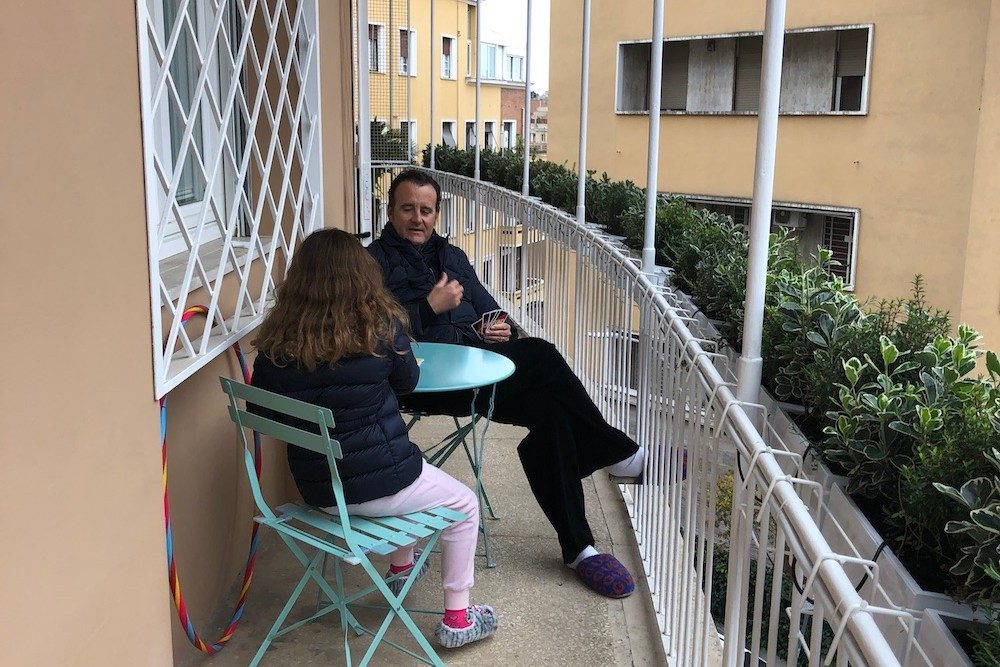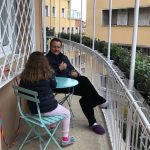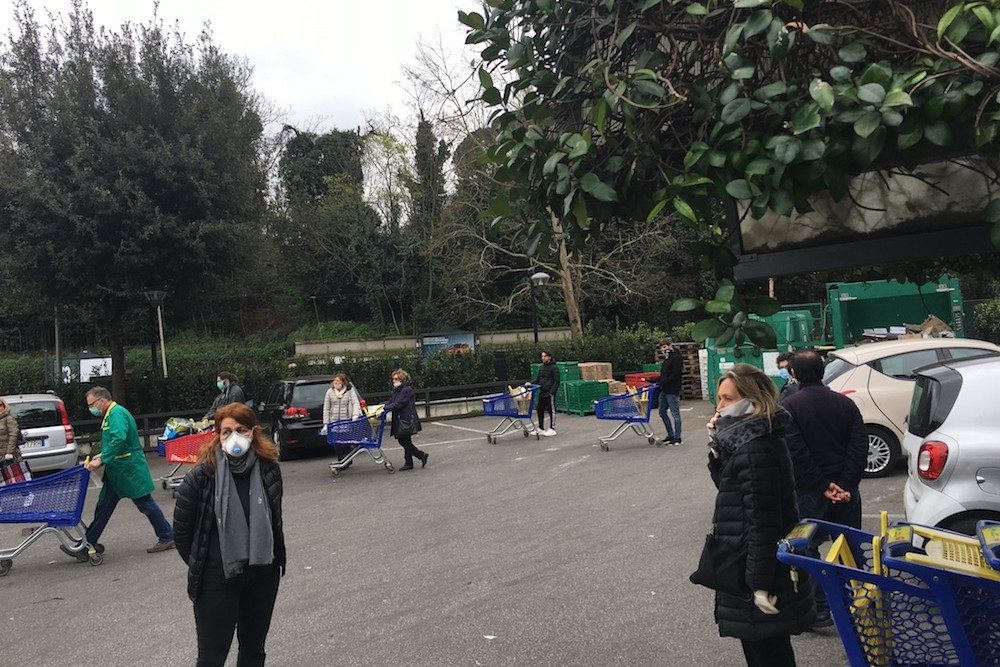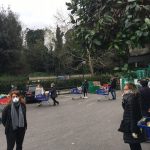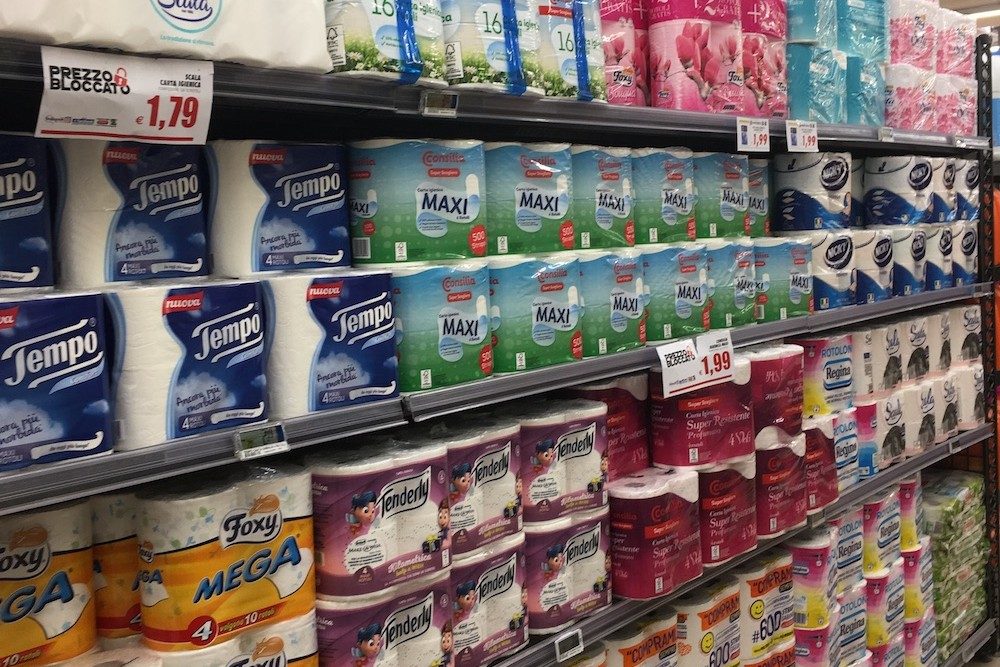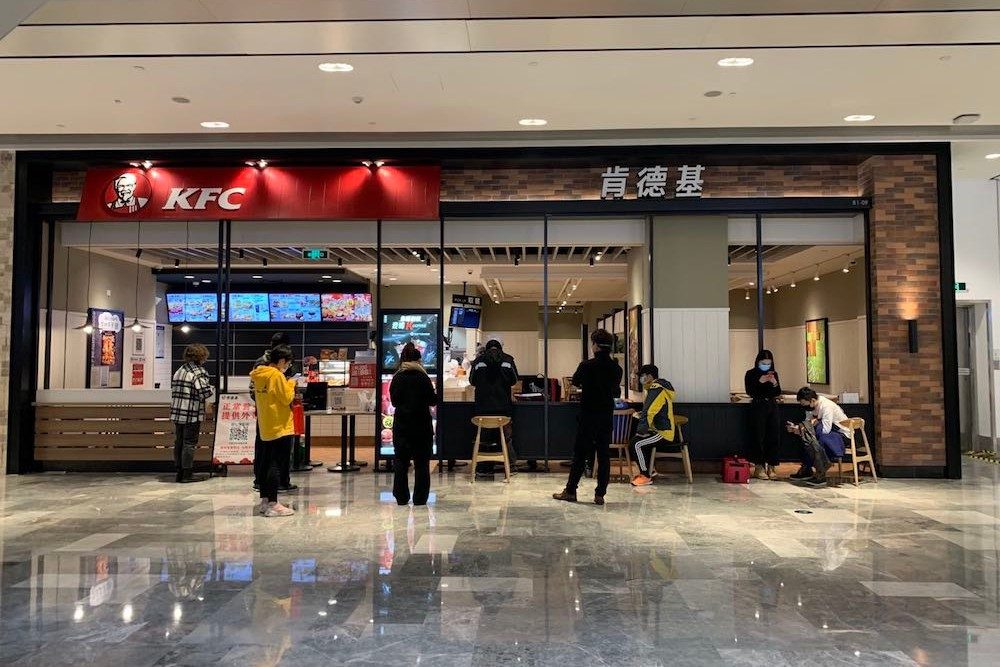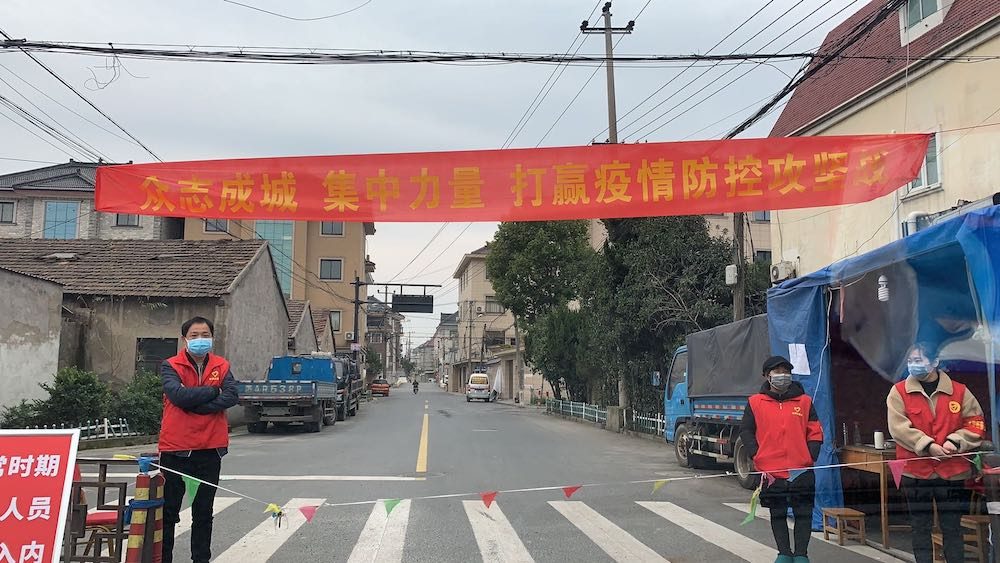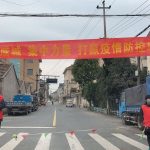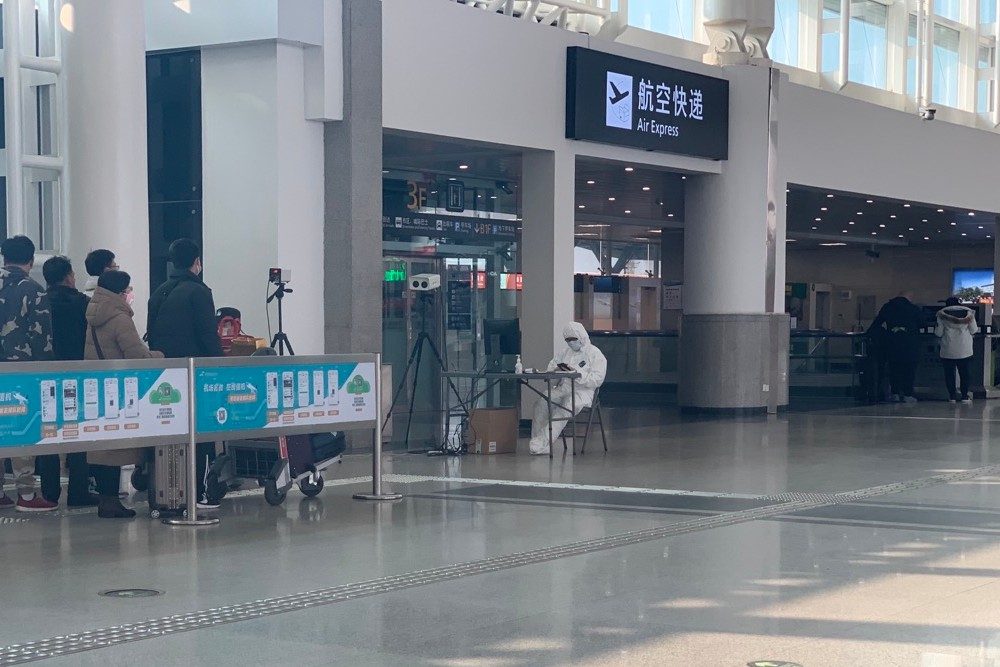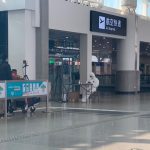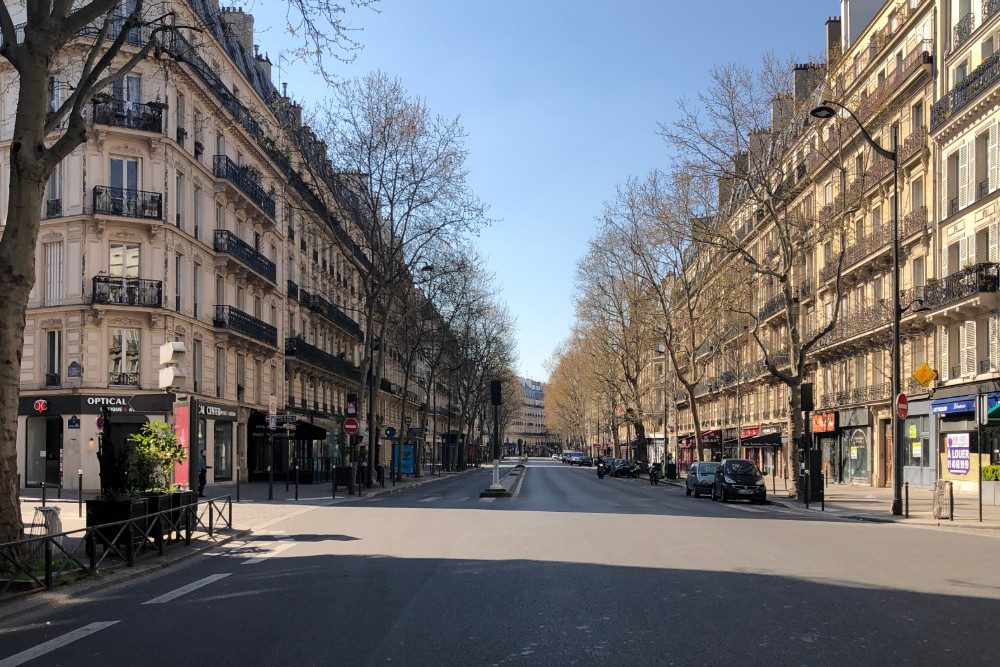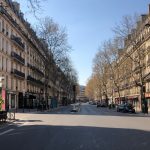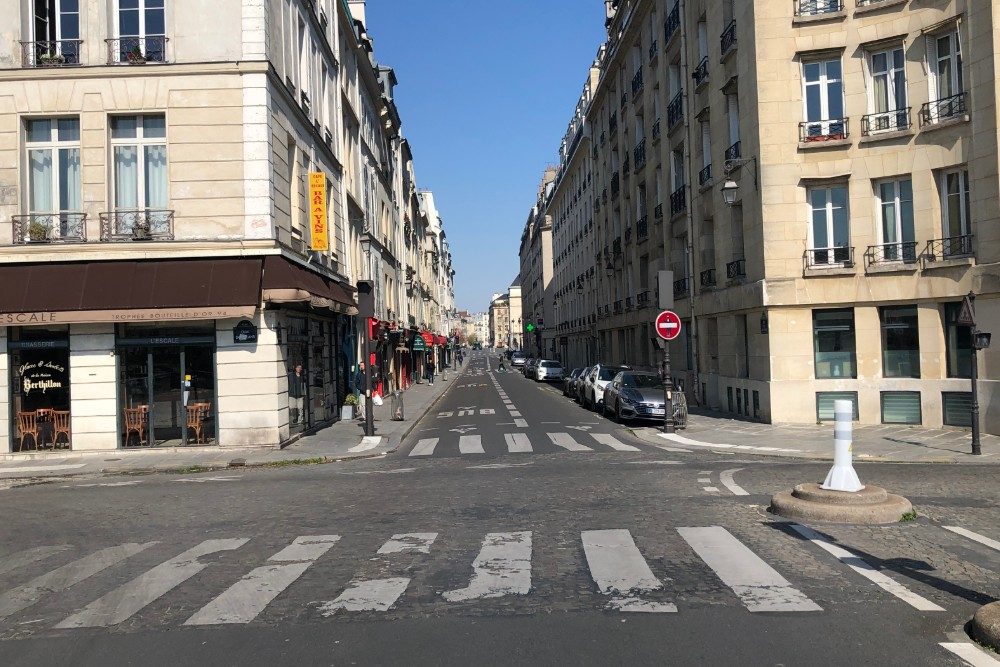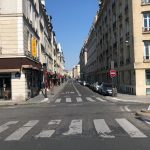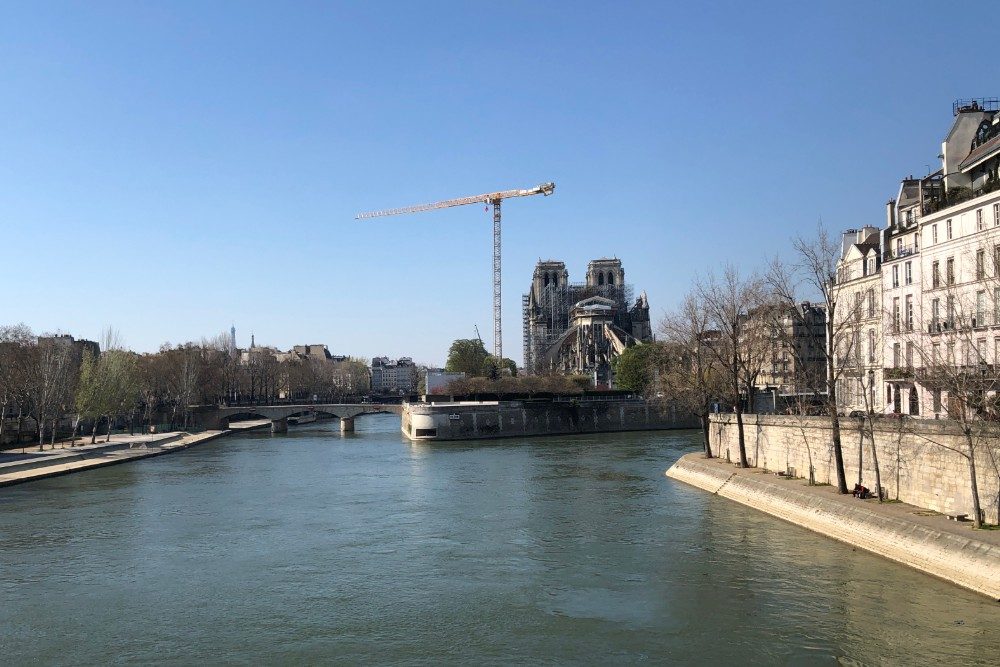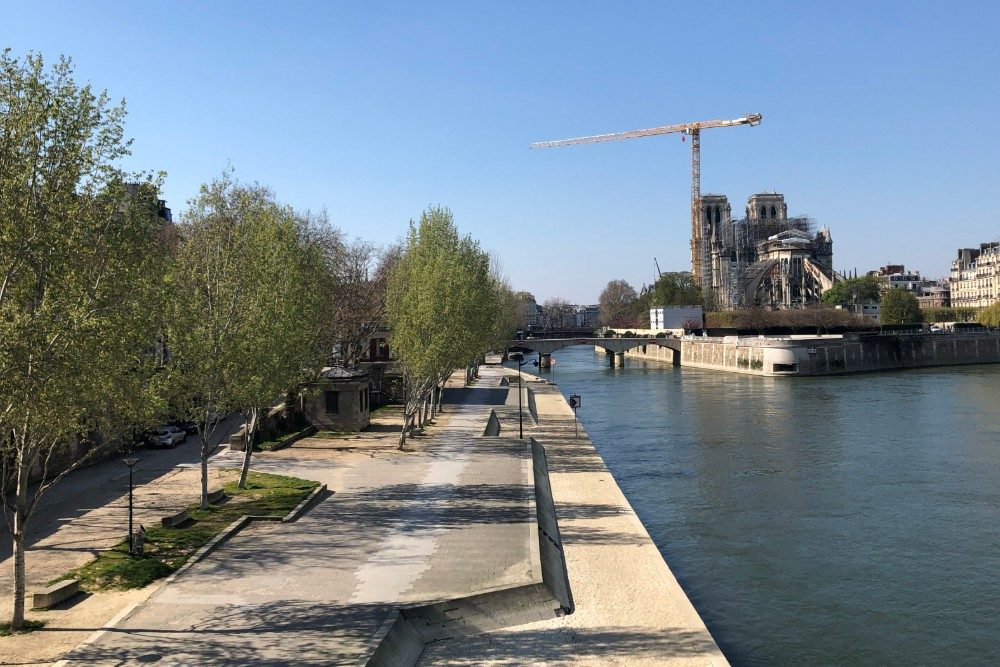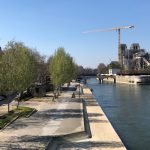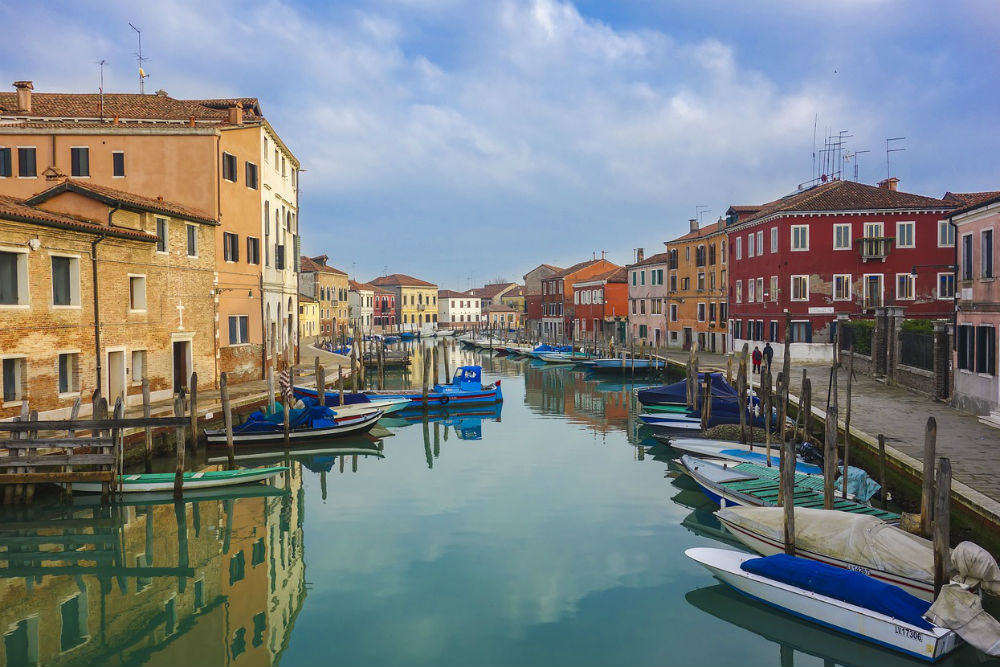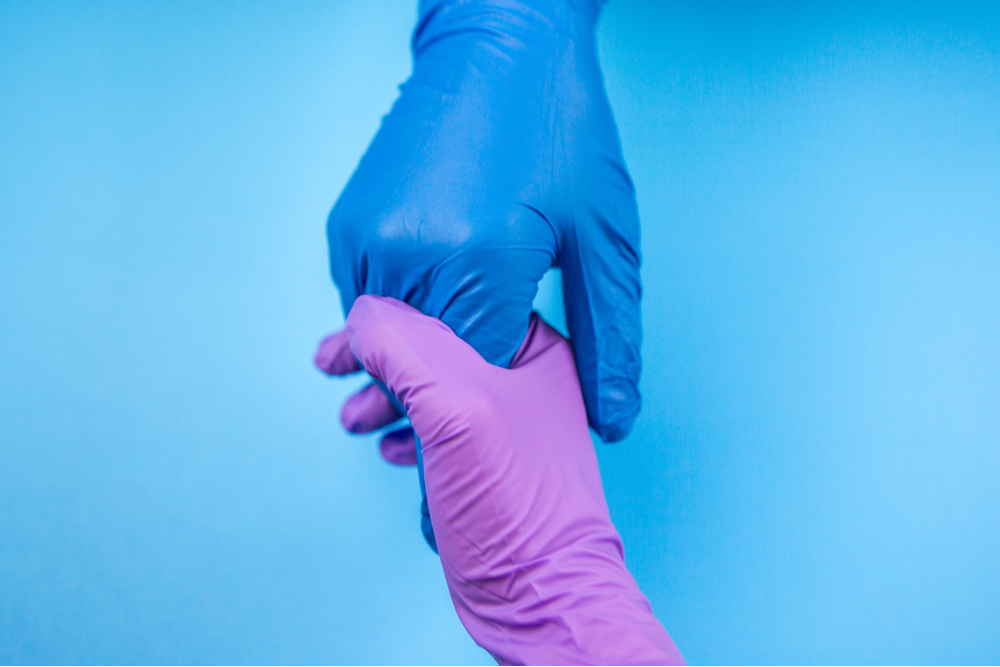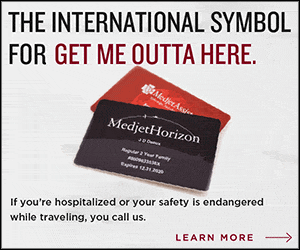What Lockdown Is Like in Other Countries: Life During Coronavirus
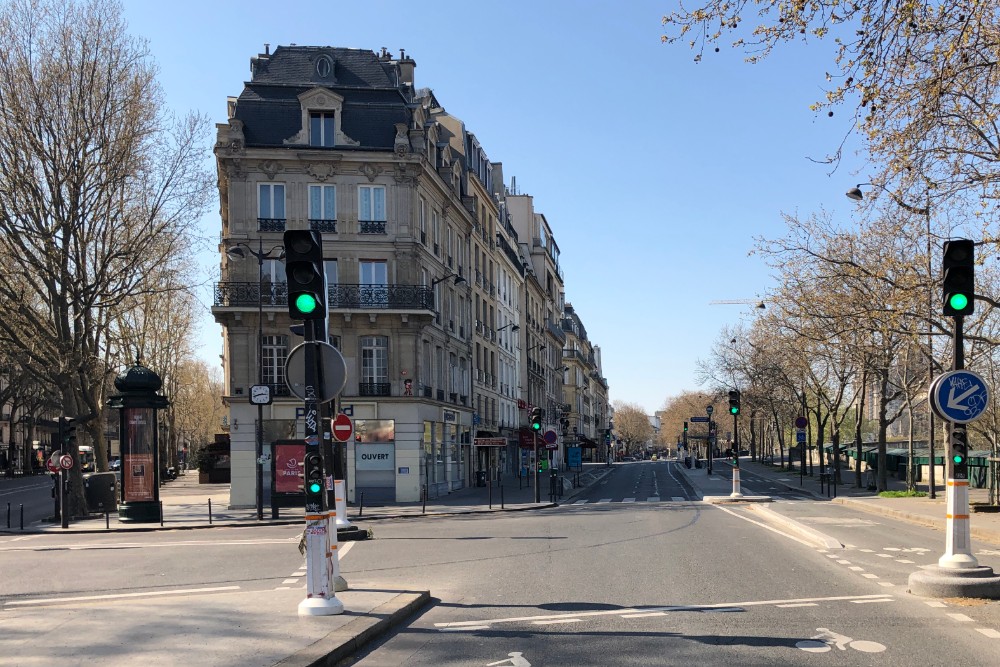 Paris on lockdown. Photo: Andreas Eberhart
Paris on lockdown. Photo: Andreas Eberhart As travelers, we’re curious about how people go about their daily lives in other countries. Thanks to our Trusted Travel Experts, I’ve gotten to milk cows with a farmer in Colombia, prepare dinner with a family in India, craft pottery with a Mayan woman in Belize, and watch my son draw alongside an artist in Vietnam.
Those travel experiences seem like distant memories as I navigate week two of sheltering in place here in California’s Bay Area. But it’s made me wonder: How are people around the world handling our new normal?
So I reached out to some of our Trusted Travel Experts, spread as they are across the globe, for their perspective on life in the time of coronavirus.
In Istanbul: Earl Starkey
“They closed all 60,000 mosques in Turkey for daily prayers, and they are disinfecting everywhere. The only panic buying was on kolonya, which is an alcohol-based antibacterial that people use here. Every night at 9:00 pm everyone goes out on their balconies and applauds all the doctors, nurses, and healthcare workers in Turkey. Here we generally kiss each other on the cheek—even men do it. I wonder if I will go back to that after this is over. I have been through so many disasters recently in Turkey, with terrorism, bombings, and coups, that this just feels like one more thing. I wouldn’t encourage anyone to travel right now, but I am happy to be riding this out in Turkey.”
In Rome: Jennifer Virgilio
“All we have open are supermarkets and pharmacies. If you go out, you have to wait outside the store, take a number, stand one to two meters away from each other, wait until they call you. They give you alcohol to wash your hands, and then they give you gloves to wear. Normally Italians do not show flags of their country like Americans do, but now flags are flying everywhere. I think it’s a great symbol of unity and pride while we all get through this. At 6:00 pm one neighbor blasts his Italian music, which is lovely—especially when he plays Volare. We’re doing lots of WhatsApp aperitivos, like we would normally do in person, and Whatsapp playdates with our daughter’s friends. We’re eating as a family, which is something that we didn’t normally do, because we had such different work hours. Week one was really fun. Week two has had a downward feeling. I have some friends who live alone; they’re struggling with loneliness. Overall I think the Italian government has done a good job, but some of my friends would disagree with me. They say that the government hasn’t kept us upbeat, they haven’t been there for us mentally. It’s hard to keep people upbeat when the reality is that they don’t have the capacity at the morgues, hospitals, and cemeteries in the north. I started doing Italian lessons again. It’s something I’ve put off because I’m always too busy, so now is the time to do it. I heard a man on the Italian news say that our parents and grandparents were called to war, whereas we’re being asked to watch Netflix. It’s not that hard. The air quality in Rome is amazing. Nobody is on the roads anymore. The more we look at these things as positive, the better.”
In Hangzhou, China: Fann Feng (colleague of Trusted Travel Expert Mei Zhang)
“Hangzhou was one of the first cities to respond to the virus. They had people guarding every local community and wouldn’t allow you to go out, but they would give you some daily supplies. After the first week, they started to give permission for one person from each family to go out every two days to buy supplies. In China we are used to following the government’s restrictions or advice. Normally I would be in Beijing, going to the office every day. It’s been two months that I’ve been working from home. One thing that many people did to pass the time during the quarantine was to watch the 24-hour live-stream of construction of the two temporary hospitals built in Wuhan in late January. We also had eight museums offering live-streams of their collections. A lot of the younger generation got through it by playing online games with their friends. Every night some people would sing together on their balconies, even do opera together. Now the restrictions are gone. Most cities have zero new cases. The schools are discussing a plan to reopen. When I first came home [for Chinese New Year], there were no cars on the streets. Now there are small traffic jams. I kind of missed the traffic jams! Now some of the tourist sites, parks, and museums are open, but you need to make an appointment in advance, and only a certain number of people are allowed in.”
In Puerto Vallarta, Mexico: Zach Rabinor
“AMLO [Mexico’s president Andrés Manuel López Obrador] is telling people to kiss and hug each other, as per the norms in our culture. But there’s been a lot of leadership at the regional level; our governor here in Jalisco is a very progressive, visionary guy. The schools are closed, but there are no government rules restricting movement. The volume of people on the street has slowed in the last few days. I’m looking out on the main thoroughfare; instead of nonstop traffic, I see one car every minute. I just watched an excursion boat head out with 100 people on board, though. We are largely not leaving our home, but I’ve been taking my sons to surf breaks where nobody goes. Spending quality time with my family is the clear winner in this situation. We’re allowed to grieve the loss of social interaction. This crisis is showing the fissures and weaknesses and hollowness of our society. I’m confident we’re going to come through it stronger.”
In Paris: Andreas Eberhart (colleague of Trusted Travel Expert Jennifer Virgilio)
“The center of Paris is really rather calm, with very little traffic. The post office and courier companies are doing deliveries. The butcher, bakery, as well as supermarkets are open. Every evening at 8:00 pm Parisians go to the windows and balconies to applaud the people that are continuing to work on the frontline for the rest of us: doctors, nurses, pharmacists, cashiers at the supermarket, or our baker close to home. In the 9th arrondissement there is an opera singer, Stéphane Sénéchal, who every evening sings a song that her elderly neighbors will enjoy. The Opéra de Paris is live-streaming a few of their past shows. We are all being taught a very hard lesson here: We all take our lifestyles for granted. It’s time to come together as humans, politicians, and countries so we can fight this war all together. Stay home, self-quarantine, spend quality time together, read a book, help your neighbor in need, get creative and call [don’t visit] your grandparents. The sooner we realize that, the sooner we get the virus contained and can start traveling again, with a new perspective on life.”
Be a smarter traveler: Read real travelers’ reviews of Wendy’s WOW List and use it to plan your next trip. You can also follow her on Facebook, Twitter @wendyperrin, and Instagram @wendyperrin, and sign up for her weekly newsletter to stay in the know.

